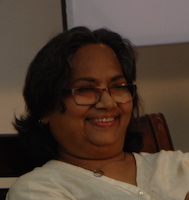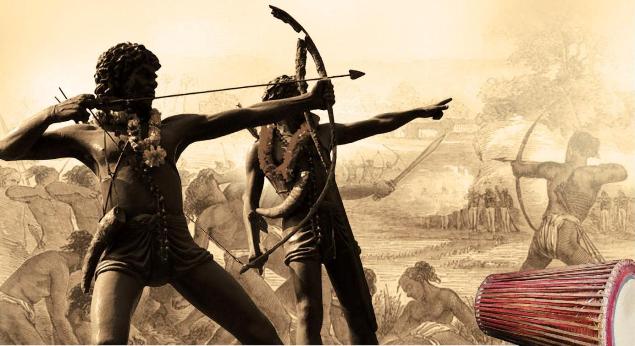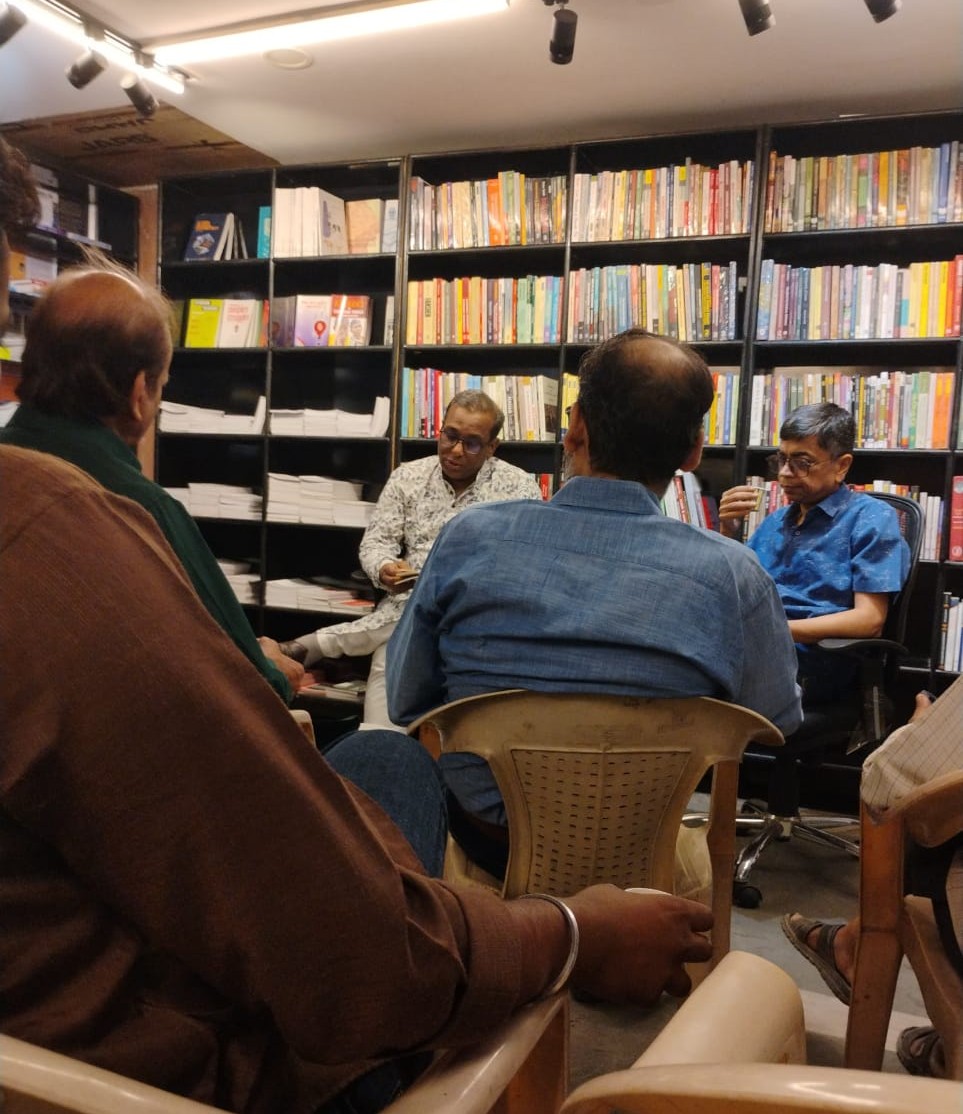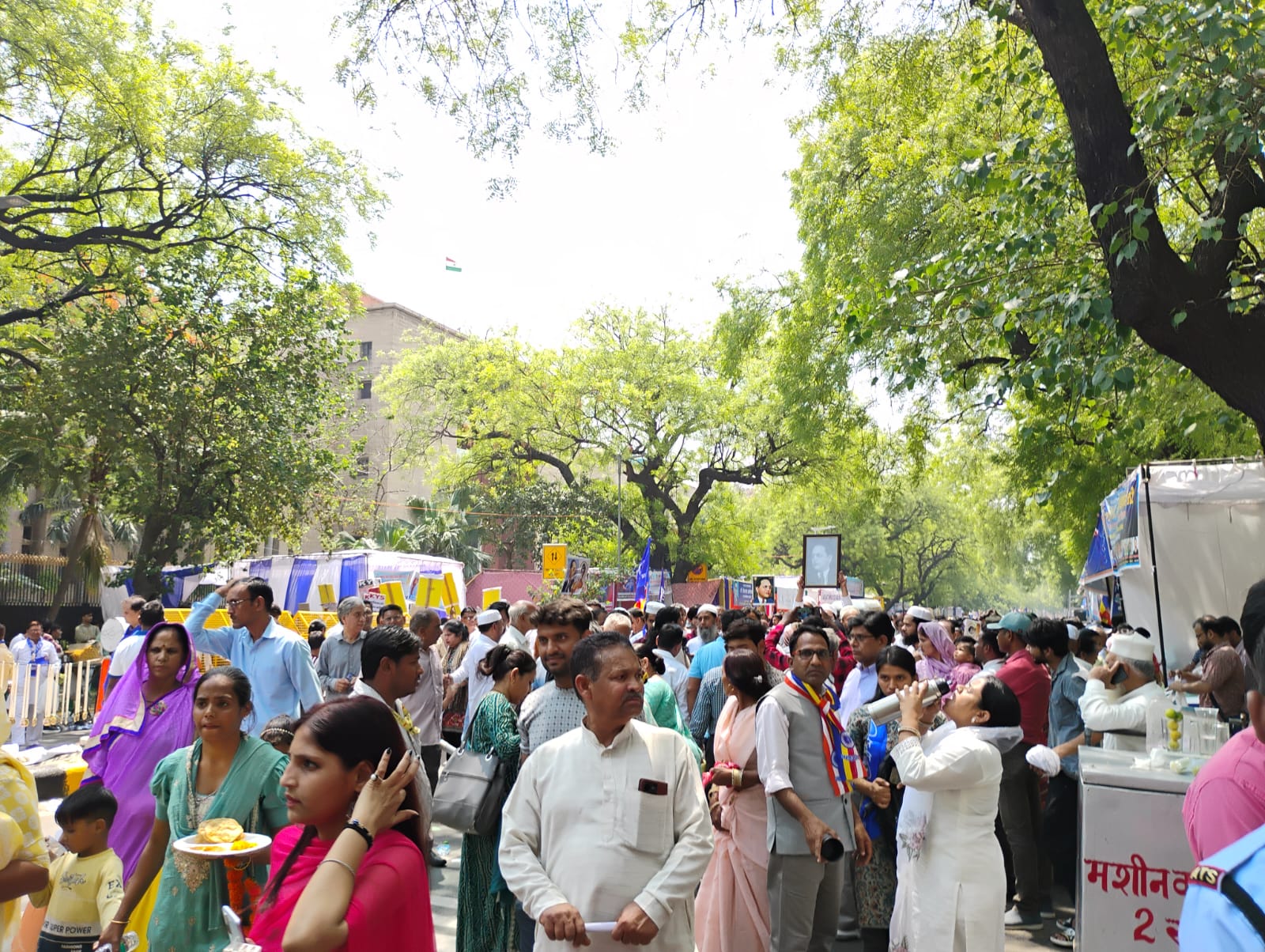Special on the birth anniversary of Jotirao Phule (11 April 1827 – 29 November 1890)
Mahatma Phule, the great fighter for social justice in the British era, has pride of place among Indian social revolutionaries. It was due to his struggle against the atrocities perpetrated on the Shudras, Atishudras and women that after thousands of years, the condition of these sections improved and the British government promulgated new laws for their betterment. Jotirao realized that the caste system was the scourge of Indian society and that Brahmanism was at its root. Phule relentlessly struck at this root of the problem. Consequently, his name figures prominently in the history of the movement for societal transformation. Dr Ambedkar considered Phule his guru and made Phule’s social philosophy the foundation of his movement.





